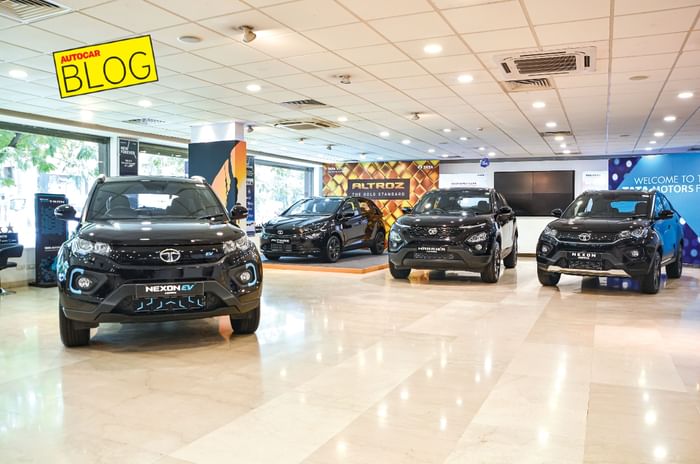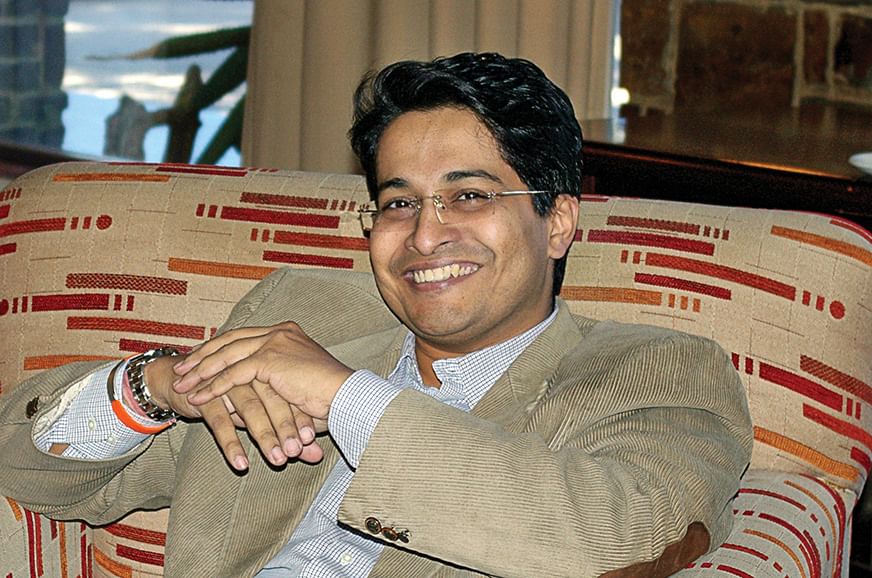Opinion: Are Indians saving, spending or splurging?
The automobile industry has to assess the financial mindset of Indians in the post-pandemic world.
Published on Dec 25, 2022 08:00:00 AM
16,013 Views
Follow us on
There was a lot of dust raised recently with a senior professional commenting on people buying luxury cars vis-à-vis investing in financial instruments. People went into overdrive sharing calculations and various forms of data points. Some went ahead and ‘supported’ the statement, while others went to the extent of ‘trolling’, missing the wood for the trees, as we say!
One has to understand the undercurrents of the comment and not react to the mere words used. Maybe the comparison was not very apt but a serious question was being asked. Is India getting into a post-COVID-19 ‘Ctrl+S’ mode from the ‘revenge buying’ that all analysts were talking about? Is the post-COVID-19 euphoria over?
This is a critical issue that stares at the entire automobile industry and not just the luxury vehicle segment. Are we getting into recovery mode at all in the first place? After any calamity, natural or man-made, of a scale as the pandemic, society does take time to get back into normalcy, whether you call it the ‘new normal’ or otherwise. Economists say that there are typically three reaction modes – save, spend or splurge.
Save is simple to understand. One starts to secure oneself financially (and also emotionally) before any spending. All the spendings are also primarily to save, as in insurance and a basic mode of personal transport.
Spend mode is when an individual wishes to get back to the pre-calamity lifestyle at the earliest. This can happen only riding on government actions on security, both social and work-based.
The last mode is to splurge as a psychological counter to the trauma of the calamity. This can happen only in very rich economies that have the financial muscle to bounce back from any adversity, unless it is financial. For those who have become millionaires and billionaires due to the pandemic, the response is typically to get into conspicuous consumption.
The Indian automobile industry has to assess which mode the country will switch on as we have now come out of the pandemic, unless a new wave hits us from China. I read many news items and data analyses about the market being in recovery mode. I beg to differ. Till the time the two-wheeler and commercial vehicle markets do not fully recover, the spurts in the passenger vehicle sales are momentary. I would even go one step lower on the ladder and talk about the recovery of bicycle sales. But then I might go through a round of trolling for that.
The underlying anxiety in the comment is that if the larger part of the economy gets into saving mode, then it just gets that bit tougher for the entire market to get healthy. And the government has a critical role to play in crafting the common sentiment. Remember the “green shoots” that analysts had written about in October 2020? Well, they are still taking time to grow!
Also see:



Comments
Member Login
Personal Details
MangoIndian - 842 days ago
A Rs 10 Lakh on-road car typically has Rs 5 lakh of taxes be it GST, RTO and other taxes. Combine this with the tax the typical salaried car buyer in 30% tax bracket would have paid on salary/income to earn Rs 10 Lakh, which would be another 2-3 lakhs. So for gross income of Rs 13 Lakh, we generate net income of 10 lakh to buy car, thereby making total taxes of Rs 8 lakh. If you finance, add interest of 200 - 300 basis points above Bank PLR. Story does not end there - petrol and diesel cumulative tax is 300%. Cost of petrol is Rs 35-40 /litre at refinery gate. Cost at pump is Rs 100 -110/litre. Plus car insurance tax GST at 28%, car service tax at 18% GST. Tolls on every road outside metro, bridges in metro. I am not even taking into account perennial traffic jams, flooding whenever it rains and bad roads. No wonder there is little car buyers in India and car makers (GM, Ford, Chevrolet) exiting India.
unknown - 852 days ago
With the Govt doing "tax gouging", I think the sensible among us would wait and those with huge disposable incomes would 'splurge'. Vehicle prices are at an all time high and makes no sense with the depreciation hit it entails, poor roads and the resultant wear and tear the vehicle's go through.